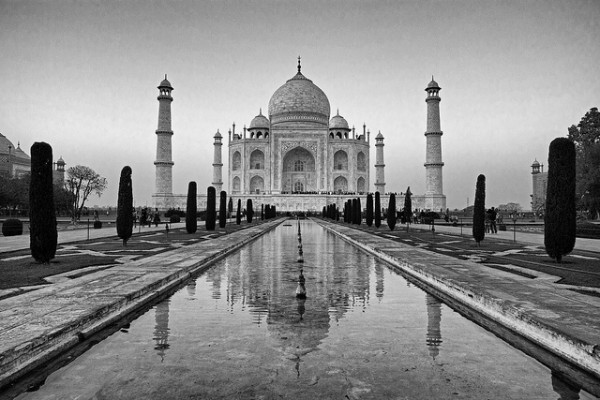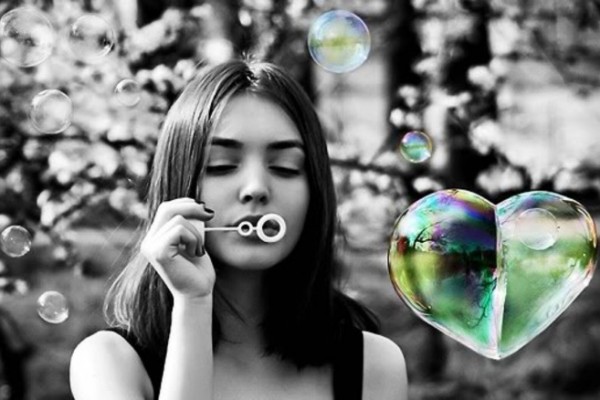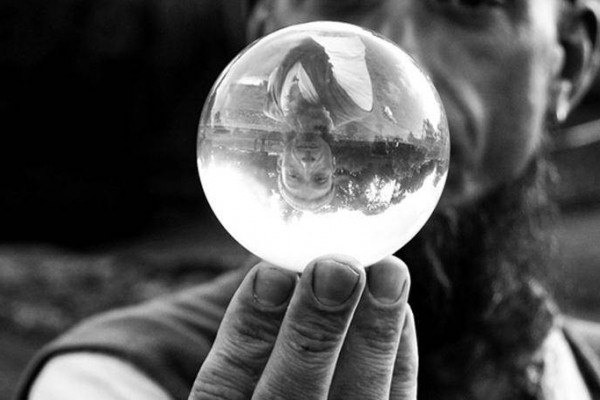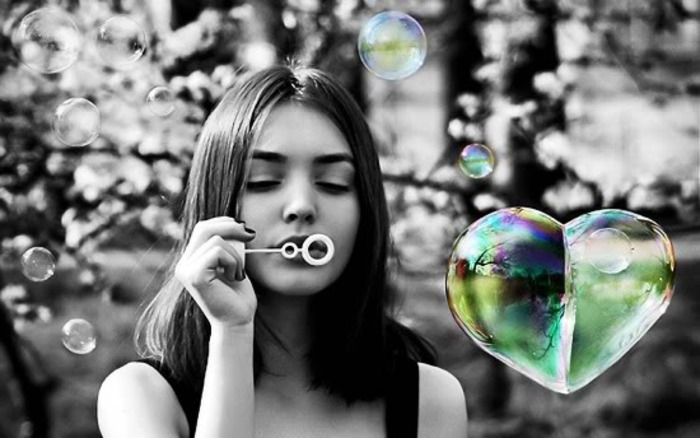What if you knew the key to happiness was a choice, a state of mind, a specific call to action, and a particular way of conducting life’s decisions? I’m not talking about a magic formula for creating wealth, health, or fame, as studies show these have no more effect over happiness, then a placebo does. In actuality, happiness can be enjoyed whether you’re rich, poor, handsome, or homely.
While trying to understand the secret behind living life to the fullest, I turned to Dr. George E. Vaillant, MD, author of Spiritual Evolution: How We Are Wired For Faith, Hope And Love. Vaillant is also the director of a massive Harvard University study, involving over 72 years of following hundreds of men as they ventured through college, war, career, marriage, parenthood, divorce, old age, and occasionally death.
Dr. Vaillant witnessed the life stages of these men through a combination of questionnaires and intense physical examinations. He noted their moments of greatest strength, health, and happiness, and has whittled all this research down into one, singularly, important statement, Happiness is love—full stop.
Happiness is Love
“The only thing that really matters in life is your relations to other people,” says Dr. Vaillant. Does this mean that all you have to do is fall in love, and everything will fall into place? Well, no, actually, love is a much more complex feeling, woven into our lives in many shapes and forms, including child/parent bonding, early childhood friendships, and intimacy. In order to understand how to use this article to gain greater happiness, you have to start with a bigger understanding of yourself.
“Aging happy and well—is at least under some personal control,” suggests Dr. Vaillant. In other words, in order to bask in the joys of love, we must first make the right Individual choices.
- Coping Mechanisms– Immature defenses (narcissism, hypochondria, blame), impede the growth of intimate relationships, and reduce the chance of finding love. Adaptive defenses (anticipation, humor, altruism) create higher quality relationships.
- Smoking/Alcohol– Smoking and drinking to excess not only damages health, thus reducing the quality of life, it also damages relationships. Abusers blame the loss of love on addiction, when in fact, the addiction is what drives friends and loved ones away.
- Weight/Exercise– Regular exercise predicts good mental health more than it does good physical health, in part because it is associated with having someone to workout with. Poor bodily health is more often the result of poor psychological health (depression).
- Attitude– “A cardinal rule for happiness, is not to think less of ourselves, but to think of ourselves less,” says Dr. Vaillant. “Happiness isn’t about (you).” The moment you make happiness a goal, the competition you create negates any possibility of finding true joy.
Setting the Record Straight: Happiness vs. Wealth!
You can’t discuss the capacity for happiness without throwing the money card in the ring. The majority of men who garnished the most wealth in the Harvard study, were also the happiest and well adjusted. The problem with the above statement, is money had little to do with the observed outcomes. The monetary reward was only a side effect for those who already had good relationships and healthy coping mechanisms.
Regardless of ones socioeconomic status, the men in the Harvard study who had a loving childhood and empathetic coping mechanisms, reported twice the income as those with poor childhood relationships and immature coping mechanisms. “Adolescent social class, intelligence, politics, and constitution meant relatively little to successful aging (life) in the Harvard graduates,” concludes Dr. Vaillant. “In contrast, capacity for empathic relationships predicted a great deal.”
If you’ve labored under the rule that happiness rests in the hands of fate and choices already made for you, perhaps it’s time to envision a world where joy lies within your own decision to love and be loved. When all is said in done, happiness comes not from the years you have added to your life, but the life you’ve added to your years!
(Article originally appeared in Urban Male Magazine)




